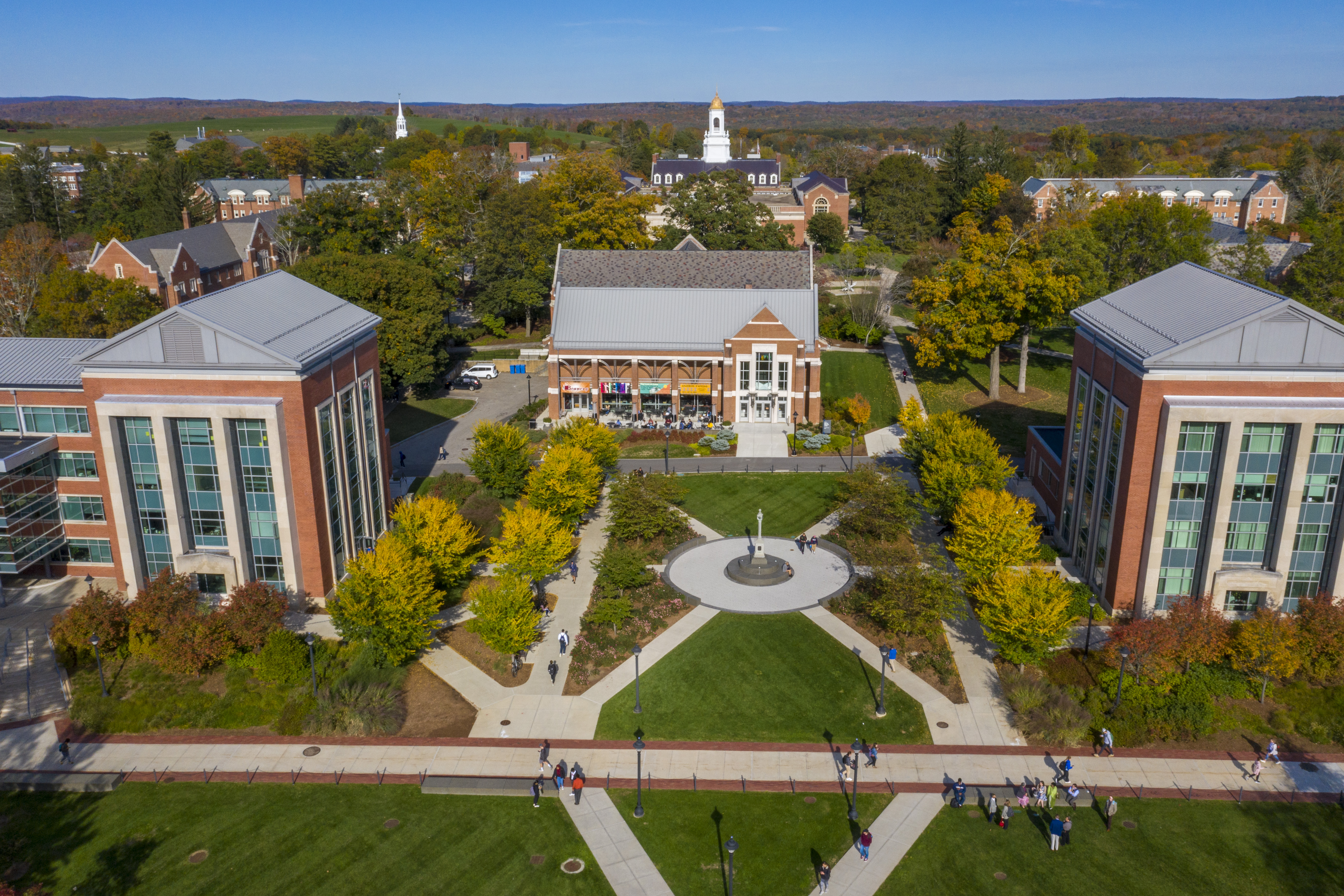The University of Connecticut will begin a teaching certification program in Mandarin Chinese next year, in response to a need for Mandarin elementary and high school teachers both at the state and national level.
Mandarin Chinese is the most spoken language in the world with approximately 1.1 billion speakers – one out of every six people. It is also the fourth most-taught language in the United States with over 227,000 students taking classes, including students enrolled in some Connecticut schools.
The program will be taught on two different levels through UConn’s Neag School of Education: in the five-year Integrated Bachelor’s and Master’s Program and the post-graduate Teacher Certification Program, which takes one summer and a full academic year.
The post-graduate program will begin in the summer of 2019 and the integrated program will start in the fall of 2019. It is estimated there will be three to five students in each phase of the program at the beginning.
The UConn program will become the first of its kind offered in the state and the integrated bachelor’s and master’s is unique to the region.
“There was a critical need for a Mandarin teaching program here at UConn,” said Michele Back, assistant professor or world languages education, who will oversee the program. “We anticipate that both American and Chinese students will enroll in this program and, of course, proficiency in Mandarin is required.”
Back said a number of Mandarin teaching positions go unfilled every year or teachers are hired directly from China. While native Chinese teachers educated overseas are valuable for their knowledge of the language, there is not a familiarity with the culture of American education.
“One of the things we find is that native speakers of Mandarin that are educated in China are not used to working with American students,” said Jimmy Wildman ’05, ‘06 (ED), who is the immediate past president of the Connecticut Council of Language Teachers. Wildman is a Spanish teacher at Glastonbury High School.
“That’s the great thing about this new program in Neag. Student will have time to go through the program, no matter where they are from. It will really provide them with a lot of opportunity to spend time and see what teaching looks like in the United States.”
Students in all language education programs are monitored closely by the Department of Literatures, Cultures and Languages to ensure that they are prepared both in terms of proficiency and the challenges of teaching their chosen language and culture. The Neag School of Education already offers programs in such languages as French, Spanish, German, Italian and Latin.
Mandarin has been identified by the United States government as a critical need language, meaning there is a need for U.S. citizen to be able to speak it as a secondary language as a matter of national security. The knowledge of Mandarin is required for diplomats and positions in national security and other government agencies.



